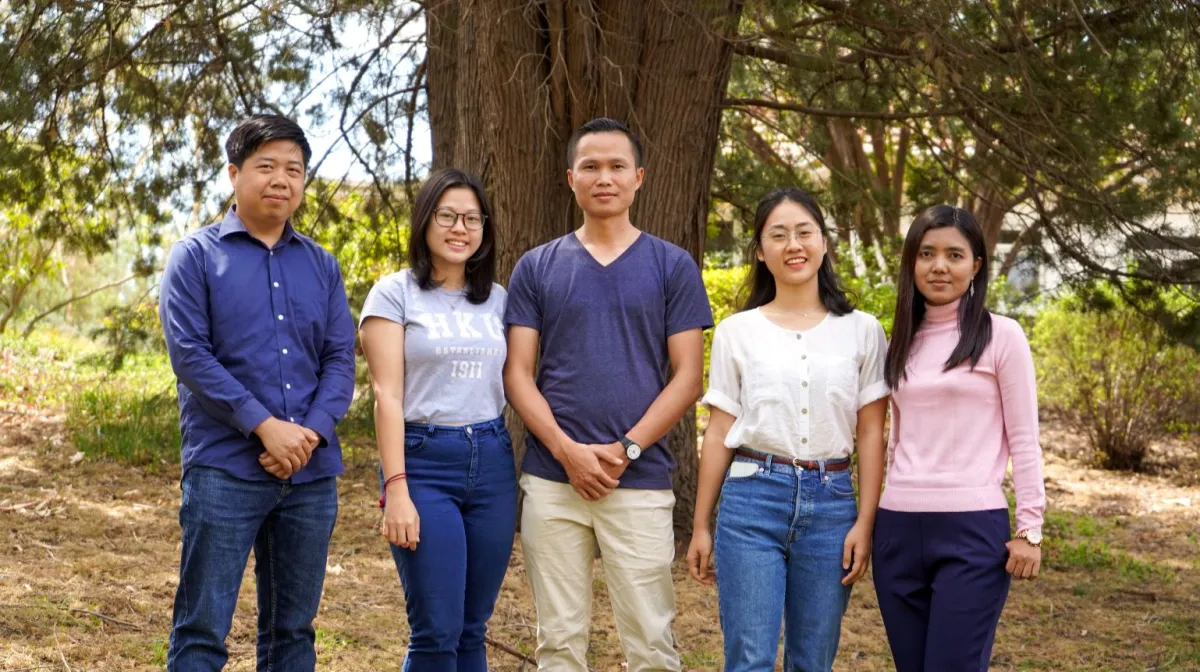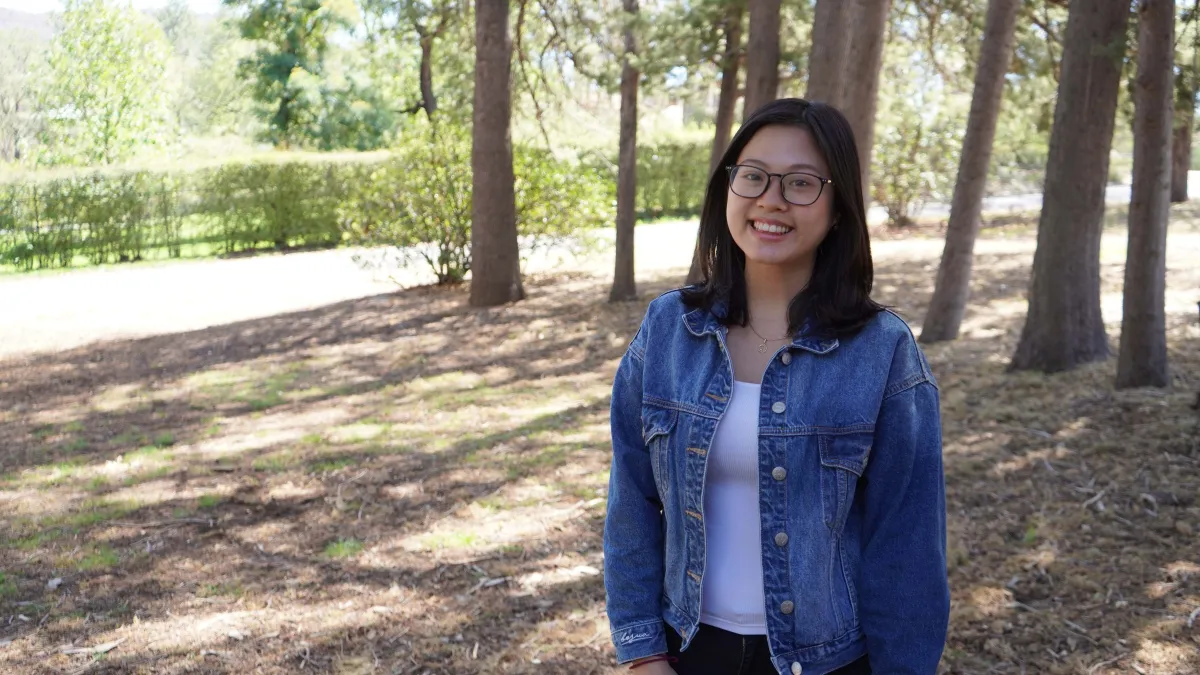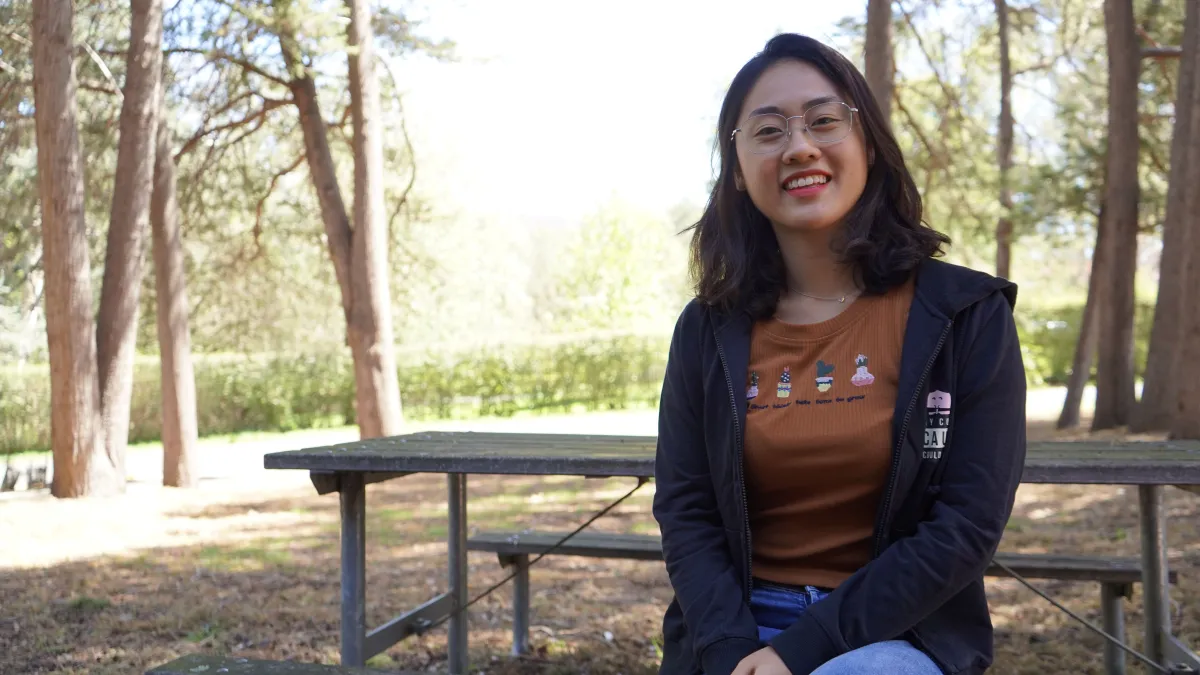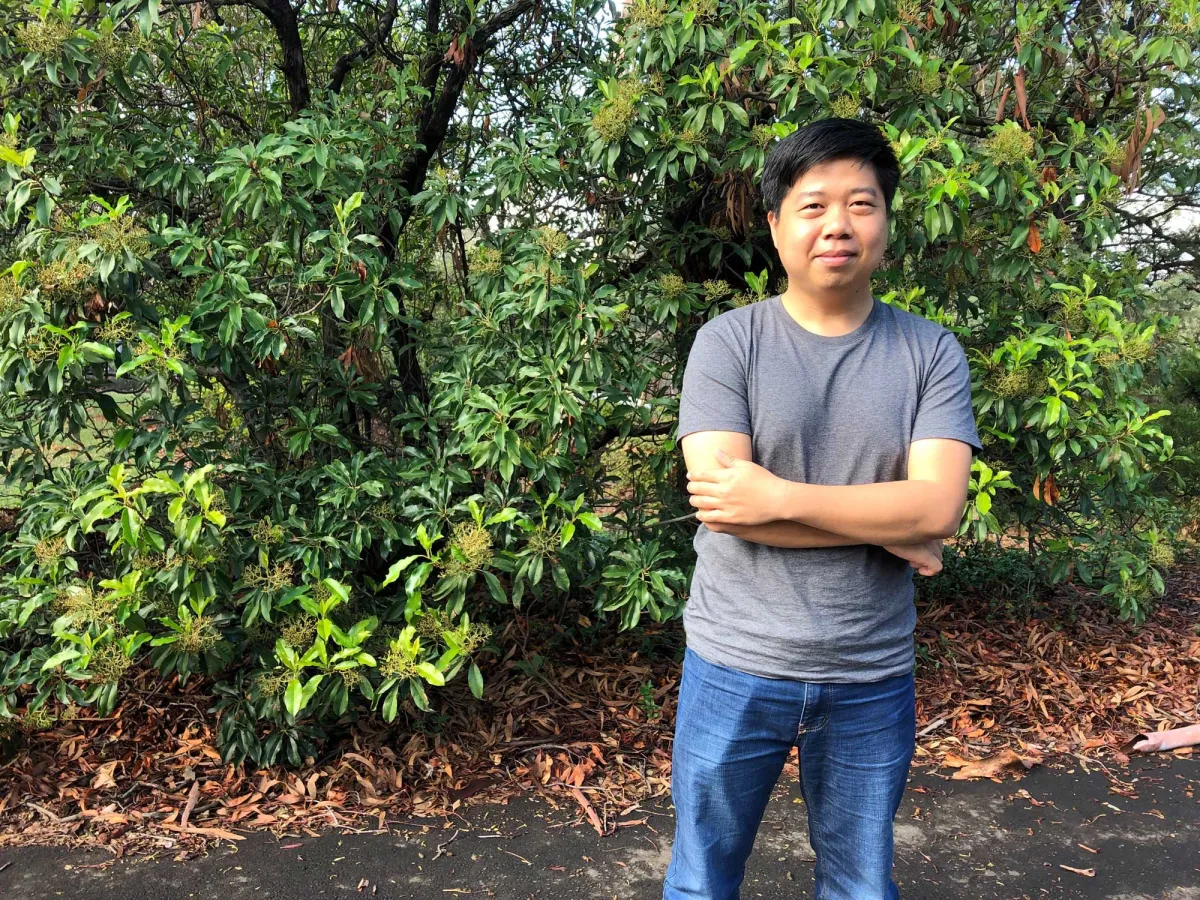Training to Prepare, Protect and Respond

Coronavirus has been at the centre of news reports for weeks – but have you ever stopped and asked: “exactly who is preparing and responding strategically to this health threat throughout our region?”
ANU is home to Australia’s only field epidemiology training program, and are currently welcoming the 2020 Master of Philosophy in Applied Epidemiology (MAE) class. It is these future health leaders who will respond to health crises such as coronavirus.
It’s not just Australian public health that these students will protect, however. The MAE is also building capacity in the south-east Asian region through the ASEAN-Australia Health Security Fellowship program funded by the Department of Foreign Affairs and Trade of the Australian Government through the Health Security Initiative for the Indo-Pacific Region. This year five students from three countries (Myanmar, Laos, and Vietnam) have commenced their studies which includes course work in Canberra and field placements in their home countries.
“ANU is known throughout the world for training the very best field epidemiologists – the special front-line forces that Governments need to respond to pandemics and other disasters. We are pleased to help build the workforce in our neighbouring countries through this fellowship program, and strengthen cross-border collaboration and health security in the region,” says Professor Russell Gruen, Dean of the College of Law, Governance and Policy.
Meet our ASEAN-Australian Health Security Fellows

Quach Ha-Linh, Vietnam. Master of Public Health Graduate.
“Practise is very important in public health. By studying applied epidemiology I will learn how to apply my knowledge in the real world. This will help improve health outcomes for people in my home country and the Indo Pacific region.”

Hoang Thi Ngoc-Anh, Vietnam. Public Health researcher.
“I was given the opportunity to work with the community when I was at university studying clinical nutrition. There I was exposed to many different health situations, which inspired me to change my focus from clinical to community work, and now the MAE. I am particularly interested in zoonotic diseases.”

Khonesavanh Bounma, Laos. Medical Doctor.
“I have years of experience as a public health officer, and I have worked on a few projects including tobacco control and malaria prevention and control, and with the World Health Organization Lao country office on emerging disease surveillance and response. I have never had formal training as an epidemiologist, however, so I am excited to be studying the MAE, especially the field training.”

Ei Ei Zar Nyi, Myanmar. Central Epidemiology Unit, Myanmar Ministry of Health and Sports.
“My dream is to be an epidemiologist in Myanmar, and the MAE will help me achieve this. Everyone has been very welcoming, and the teaching staff are very knowledgeable.”

Tin Tun Win, Myanmar. Immunisation program medical officer, Myanmar Ministry of Health and Sports.
“ANU is a well-respected university, and I am very excited to be studying the MAE here. This course will really help my future career as an epidemiologist, and I am especially interested in applying this knowledge to vaccine preventable diseases.”
*** The Master Applied Epidemiology (MAE) program is Australia’s only Field Epidemiology Training Program (FETP) and is accredited by and part of the international network of Field Training Programs in Epidemiology & Public Health Interventions Network (TEPHINET). The MAE aims to build a highly skilled epidemiology workforce and strengthen capacity to prepare, protect and respond to communicable disease and other health threats in Australia and our region. Graduates of the MAE have gone onto hold senior positions in health departments in Australia and work for international organisations such as the World Health Organization and Medecins sans Frontieres.
